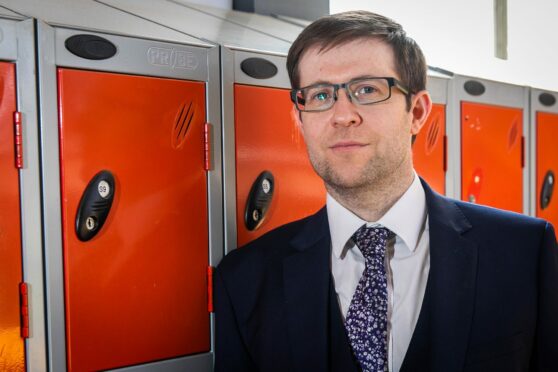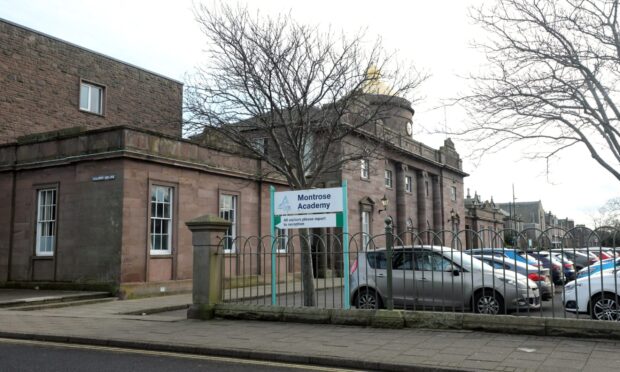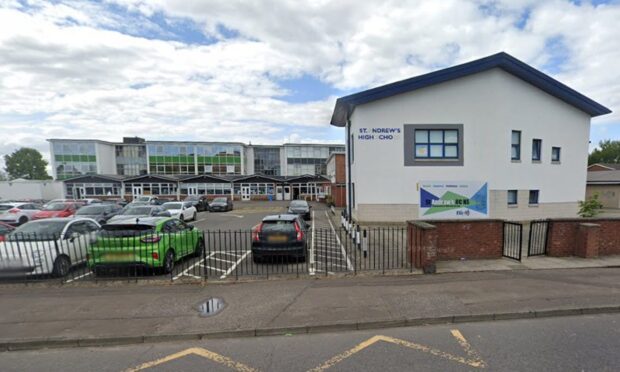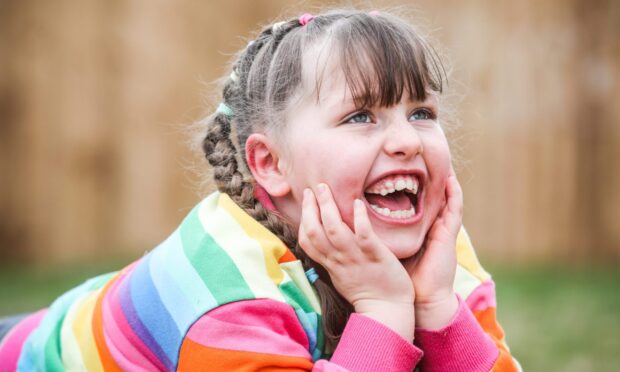More than 100 violent incidents a week have been recorded in Fife schools since the start of this academic year.
There were 718 physical and verbal incidents reported in the region’s primary and secondary schools during seven weeks of term in August and September.
And teaching union the EIS warned that was likely to be the tip of the iceberg and could escalate further with the stress of rising living costs over the winter.
More than 80% of the incidents recorded involved staff members, and a similar proportion were of physical violence.
Teachers and pupils have a right to go to school without fear of verbal and physical abuse.”
The figures were given to the union’s local branch by Fife Council, but EIS Fife spokesperson Graeme Keir believes many more incidents will have gone unreported.
He said: “We are deeply concerned about the levels of violence and aggression in our schools.
“This not only has a traumatising effect on staff, it also impacts on students and we’re obviously concerned for their mental health too.
“Teachers and pupils have a right to go to school without fear of verbal and physical abuse.”
‘More pupil support staff needed’
Cuts to pupil support services and the mental health impact of Covid had significantly exacerbated the problem, he claimed.
And he said: “We want Fife Council and the Scottish Government to provide more pupil support staff before the stress of a winter cost-of-living crisis and winter illnesses add to the problems.”
Fife Council said that violent incidents are normally isolated, and support was given to best suit the specific circumstances, working with trade union representatives.
Head of education and children’s services, Shelagh McLean, said: “Fife Council is a responsible employer and the safety of the staff and pupils in our schools is paramount.
“Schools record any violent incidents so that appropriate support and guidance can be provided.
“We have professional learning programmes, based on relationships and learning, which are developed around our nurture, de-escalation and restorative practices.”











Conversation